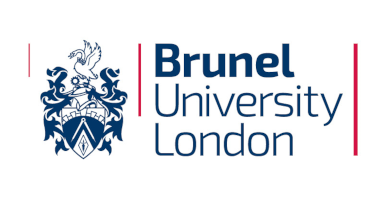BUL
BRUNEL UNIVERSITY LONDON
Brunel University London, Kingston Lane, Uxbridge, Middlesex UB8 3PH, United Kingdom

Brunel Univeristy London (BUL) is a leading multidisciplinary research-intensive technology university which focuses on areas in which we integrate academic rigour with the needs of governments, industry and the not-for-profit sector, delivering creative solutions to global challenges and bringing economic, social and cultural benefit. At BUL, they strive to strengthen our research culture, seeking to attract, develop and retain exceptional academic staff and forge long-lasting partnerships in the UK and internationally to accelerate the impact of our research on the people, societies and economies that will benefit the most.
BUL research institute of digital future and Centre for Artificial Intelligence (AI) within BUL focuses on machine learning (ML) and AI. Specifically, BUL’s role is to leverage Machine Learning to develop a robust and accurate model that has the capability to interpolate and extrapolate the missing data in the measurements from the in-situ sensors of the hydro-meteorological monitoring network. Also, the ML model will also be applied for forecasting purposes, i.e., to predict critical hydrological variables including the flow in the river, evapotranspiration, soil moisture and snow cover.

I have always had a strong research interest for the management of water resources, particularly in developing countries with emerging economies. The We-Act project is the opportunity to make a direct positive impact on the lives of vulnerable groups and marginalized parts of the global population by facilitating the access to the most basic natural resource that represents water.




